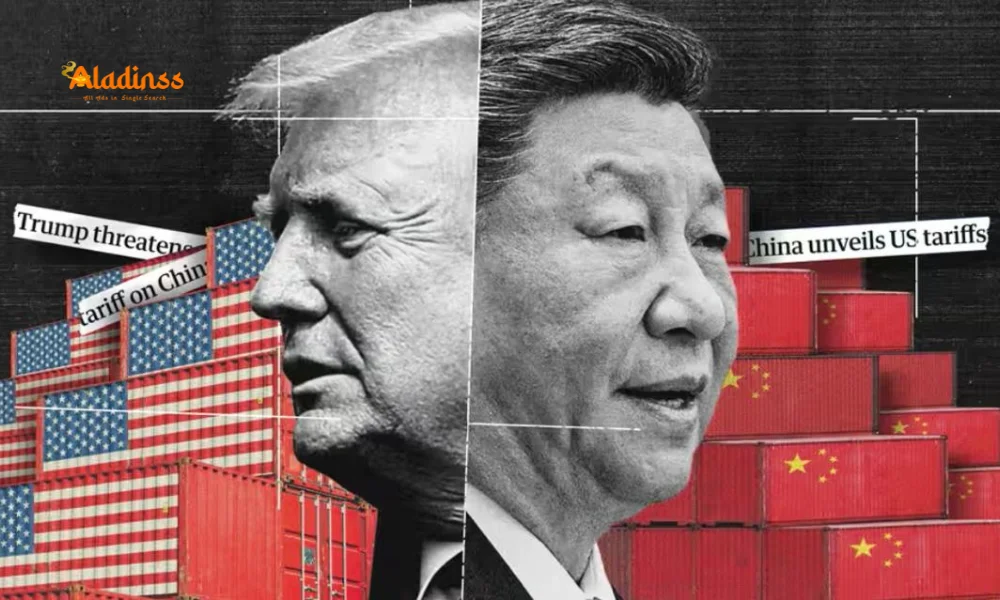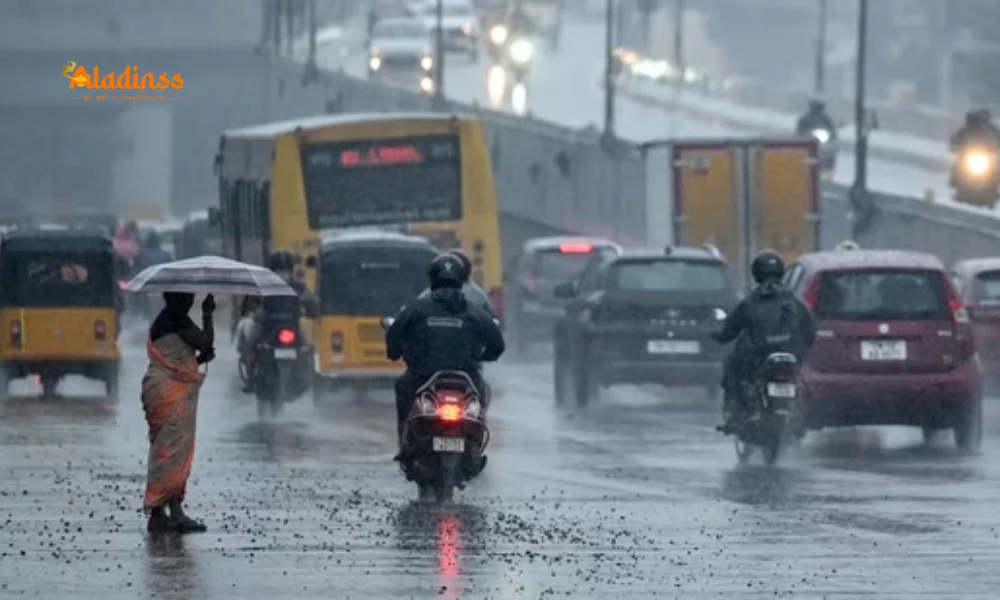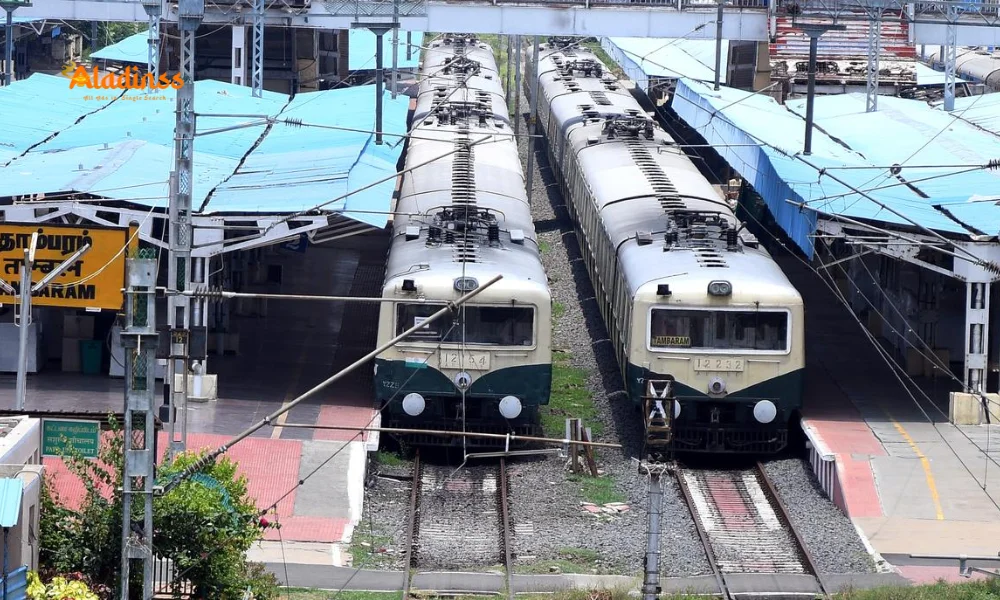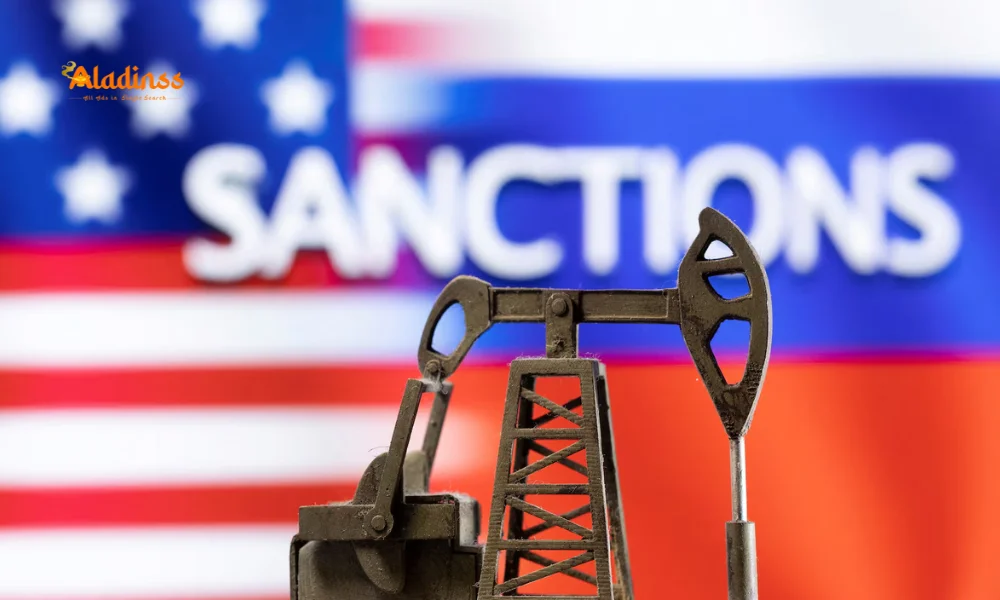India Invites Mark Carney for 2026 Strategic Talks to Reset Economic Ties
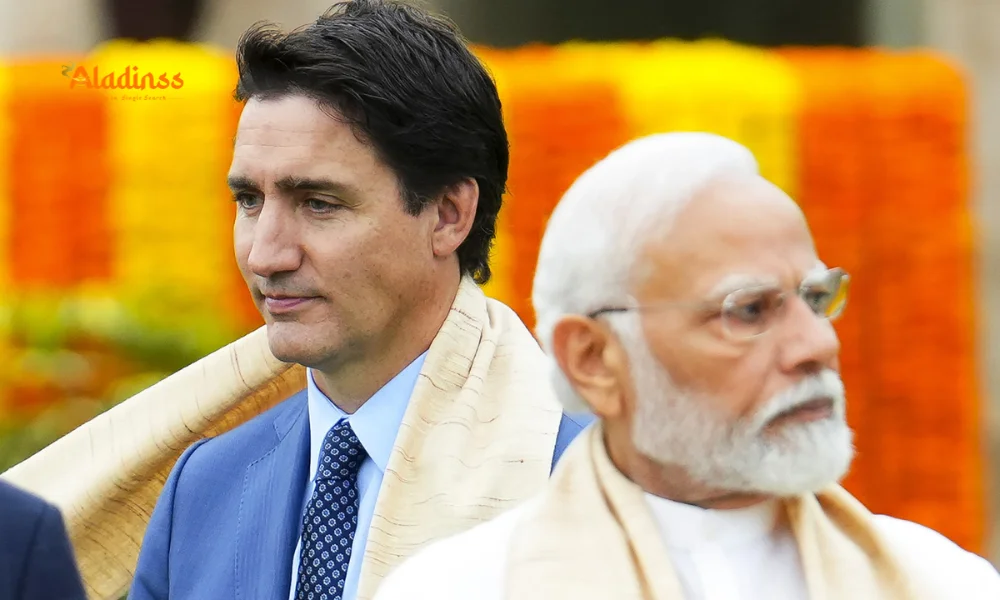
India-Canada Relations: New Delhi Invites Carney for 2026 Talks
In a bold move to mend strained ties, India-Canada relations are set for a reset as New Delhi has extended an invitation to Canadian Prime Minister Mark Carney for high-level talks with Prime Minister Narendra Modi in early 2026. The invitation signals a renewed push toward a comprehensive economic partnership and a potential free trade agreement, aiming to strengthen bilateral ties amidst global trade challenges, including the ongoing U.S. tariff disputes. India’s High Commissioner to Canada, Dinesh Kumar Patnaik, emphasized the urgency of rebuilding trust to foster deeper economic collaboration.
The diplomatic outreach follows a turbulent period in India-Canada relations, marked by a fallout in 2023 over allegations by former Canadian Prime Minister Justin Trudeau. Trudeau claimed Indian involvement in the killing of Khalistani leader Hardeep Singh Nijjar in British Columbia, leading to a tit-for-tat expulsion of diplomats. However, recent engagements, including a meeting between Carney and Modi at the G7 summit in Alberta in June 2025, have paved the way for renewed dialogue and a focus on economic cooperation.
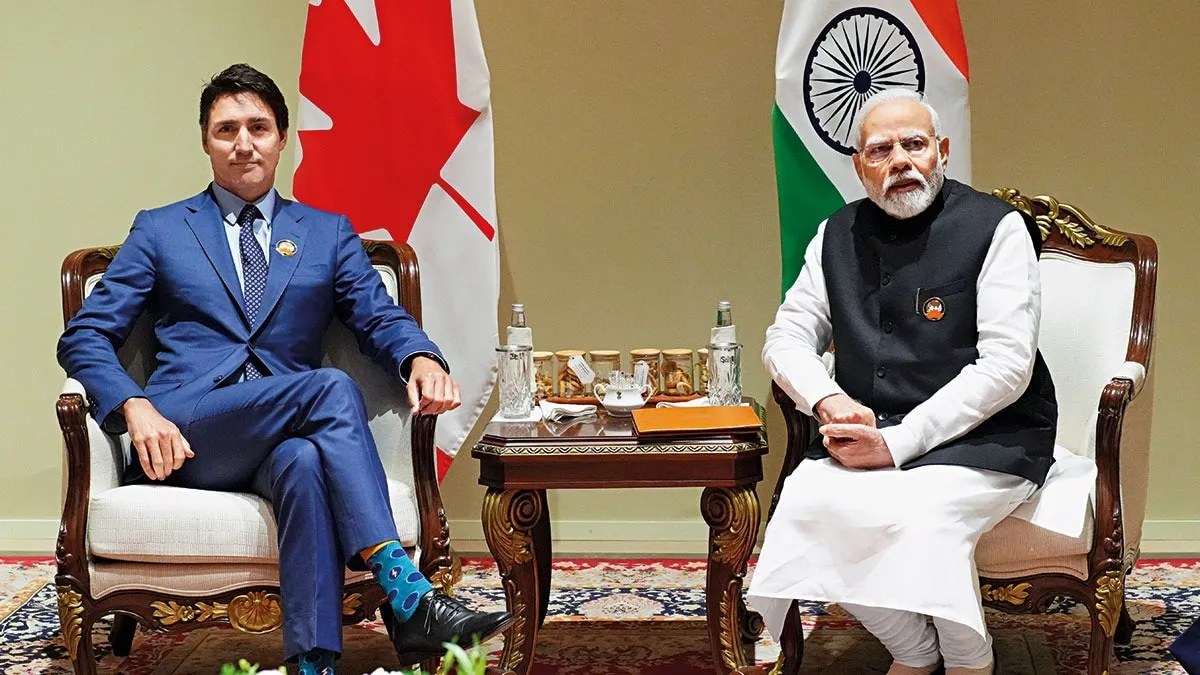
Rebuilding Trust Amid Diplomatic Tensions
The road to restoring India-Canada relations has been fraught with challenges. The 2023 diplomatic crisis, triggered by Canada’s allegations of Indian involvement in Nijjar’s killing, led to a significant strain. Ottawa expelled India’s High Commissioner and five other diplomats, citing RCMP evidence linking Indian operatives to violent activities in Canada. New Delhi vehemently denied these claims, responding with reciprocal expulsions and dismissing the accusations as baseless. The tensions persisted, but recent high-level discussions indicate a mutual desire to move forward.
High Commissioner Patnaik, in a recent interview, highlighted ongoing bilateral talks aimed at addressing national security concerns. These discussions, initiated after the G7 summit, aim to create a framework for cooperation, allowing both nations to focus on economic opportunities. Patnaik expressed hope that Carney would accept the invitation to attend the Artificial Intelligence Action Summit in New Delhi in February 2026, or an alternative date before May, to avoid India’s intense summer heat.
Economic Opportunities on the Horizon
A key focus of the proposed 2026 talks is to advance a free trade agreement and expand economic ties. India is keen to increase imports from Canada in sectors such as oil and gas, nuclear energy, battery storage, fertilizers, processed foods, and agricultural products. Patnaik noted that Canadian canola could find a significant market in India, the world’s largest consumer of cooking oil. This opportunity is particularly timely, as Canada seeks to diversify its canola exports following China’s import halt in response to Canadian tariffs on Chinese electric vehicles.
However, penetrating India’s cooking oil market will require strategic marketing, as Indian consumers traditionally favor oils like sunflower, palm, rapeseed, and mustard. India, in turn, is open to investing in Canada’s energy and critical minerals sectors, provided Ottawa establishes clear investment guidelines, robust environmental safeguards, and clarity on Indigenous land rights. These conditions reflect India’s commitment to sustainable and mutually beneficial partnerships.
Collaboration in Emerging Technologies
Beyond traditional sectors, India is eager to collaborate with Canada on cutting-edge technologies such as Artificial Intelligence and quantum computing. The invitation for Carney to attend the AI Action Summit underscores India’s interest in leveraging Canadian expertise in these fields. Such collaboration could position both nations as leaders in the global technology landscape, fostering innovation and economic growth.
The recent visit of Canadian Foreign Affairs Minister Anita Anand to New Delhi further solidified these ambitions. During her trip, Anand signed a joint declaration emphasizing cooperation on law enforcement, the rule of law, and economic engagement. This agreement lays the groundwork for a potential free trade deal, signaling a shared commitment to overcoming past disputes and building a stronger partnership.
The Khalistan Issue: A Persistent Challenge
Despite the positive momentum, the Khalistan issue remains a significant hurdle in India-Canada relations. New Delhi has expressed frustration over what it perceives as a double standard in Canada’s approach to security concerns. Patnaik highlighted that while Ottawa demands India acknowledge evidence of alleged involvement in violent incidents, it has been reluctant to consider India’s evidence against Sikh separatists operating in Canada. This discrepancy has strained security dialogues, with India calling for a more balanced approach.
Patnaik cited a recent incident where Khalistani supporters protested outside his residence, chanting threats and displaying posters with a $10,000 reward for targeting him. Such events underscore India’s concerns about the activities of separatist groups in Canada. Nevertheless, Indian authorities are now engaging with the RCMP and Canadian Security Intelligence Service to exchange information and enhance cooperation on security matters.
A Path Forward for India and Canada
The invitation for Carney’s visit in 2026 represents a critical opportunity to reset India-Canada relations. Both nations appear committed to moving beyond past tensions, focusing on economic and technological collaboration. The proposed free trade agreement could unlock significant opportunities, particularly in diversifying Canada’s export markets and strengthening India’s access to critical resources and expertise.
The success of these efforts will depend on addressing lingering security concerns, particularly around the Khalistan issue. By fostering open dialogue and mutual trust, India and Canada can lay the foundation for a robust partnership that benefits both nations. The upcoming talks will be a litmus test for their ability to navigate complex diplomatic challenges while capitalizing on shared economic interests.
As global trade dynamics evolve, the India-Canada partnership holds immense potential. From canola exports to AI innovation, the opportunities for collaboration are vast. However, both nations must work diligently to overcome historical grievances and build a relationship grounded in transparency and mutual respect. The world will be watching as New Delhi and Ottawa take steps toward a brighter, more cooperative future.
Comment / Reply From
No comments yet. Be the first to comment!
